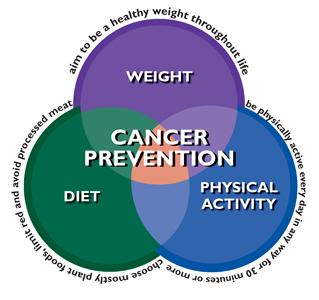People with sleep apnea may have a higher risk of hearing loss, according to a new study.
The research, which was presented at the American Thoracic Society’s 2014 International Conference, found that of the 13,967 participants sampled, about 10 percent had at least moderate sleep apnea. These patients had a 31 percent increased risk of high frequency hearing impairment, a 90 percent increased risk of low frequency hearing impairment and a 38 percent increased risk in combined high and low frequency hearing impairment after controlling for other causes of hearing loss and potentially confounding factors like age and sex.
“The mechanisms underlying this relationship merit further exploration,” lead author Dr. Amit Chopra, M.D., of the Albany Medical Center in New York, said in a statement. “Potential pathways linking sleep apnea and hearing impairment may include adverse effects of sleep apnea on vascular supply to the cochlea [part of the inner ear] via inflammation and vascular remodeling or noise trauma from snoring.”
Snoring is caused by relaxed throat muscles narrowing the airways during sleep, leading to sound-causing vibrations. Sleep apnea, while it may also include some snoring, results in temporary pauses in breathing, sometimes up to hundreds of times a night.
Chopra pointed out that people with sleep apnea “are at an increased risk for a number of comorbidities, including heart disease and diabetes,” both good reasons to seek treatment for the condition. The current study did not account for how sleep apnea treatment might affect the link to hearing loss.
Researchers at the conference also presented findings linking acute respiratory failure to sleep apnea. They found that the majority of acute respiratory failure patients, defined as having needed mechanical ventilation for at least 48 hours, met sleep apnea criteria.
Source: Huffington Post








